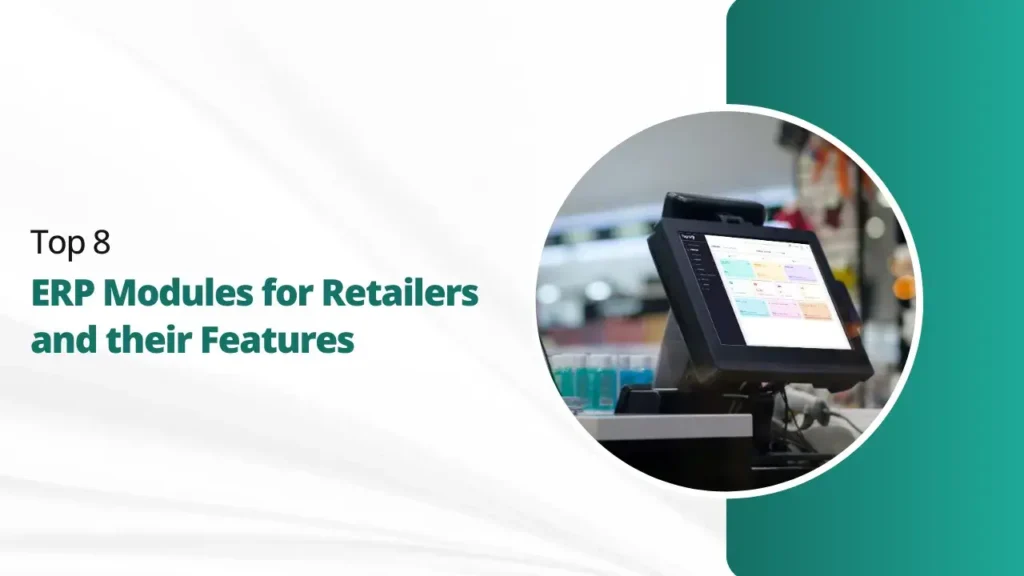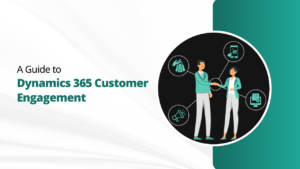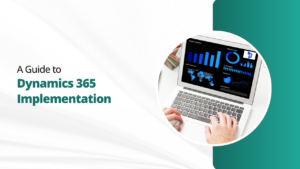This blog isn’t about another trendy tech buzzword. It’s about optimizing your retail business with the right tools. Imagine ditching the data silos, streamlining your operations, and delivering a customer experience that makes jaws drop. Sounds impossible? Wrong! With the right ERP modules, it’s closer than you think.
So, buckle up as we break down the top 8 ERP modules for retailers. We will show you how to transform your business from clunky to conquer-worthy!
ERP Modules for Retailers
ERP modules are like supercharged tools for successful retail operations. These powerful software components integrate vital functions like sales, inventory, and customer service. They automate purchase orders, real-time inventory updates, and personalized customer experiences.
The benefits are undeniable: reduced manual tasks, improved accuracy, and happier customers. Retailers can focus on strategy and growth instead of battling data silos. ERP modules are not just tools, they’re a competitive advantage.
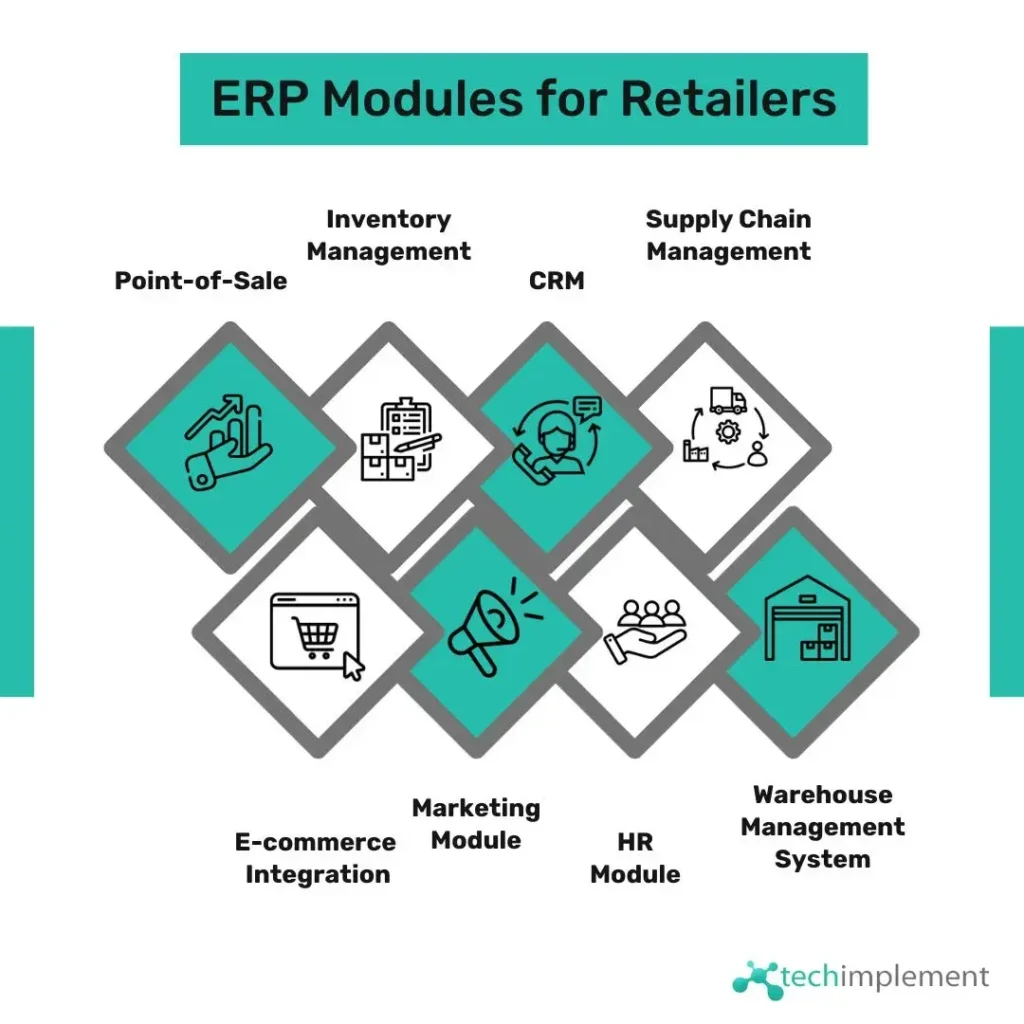
Top 8 ERP Modules for Retailers
Here are the top 8 ERP modules for your retail business:
1. Point-of-Sale (POS):
This module is a powerful software component that is more than a cash register. It acts as the nerve center of your operation. It simplifies workflows, optimizes inventory, and encourages customer loyalty.
Features:
- Modern POS systems process payments swiftly and securely. This reduces queue times and enhances both staff productivity and customer satisfaction.
- Automates tasks like item lookup, discounts, and order processing. This frees up valuable staff time for personalized service and other impactful activities.
- Gain immediate access to critical data on sales trends and inventory levels.
- Connect your online and offline worlds effortlessly. Manage orders, payments, and inventory across all touchpoints.
- Use mobile POS options and serve customers anywhere on the shop floor.
- Gain insights into customer preferences and purchase history and enable personalized recommendations.
- Generate detailed reports on sales and inventory to provide insights on marketing.
- Use real-time data to make decisions about inventory management, pricing, and resource allocation.
2. Inventory Management:
This powerful module transcends the dusty confines of spreadsheets. It predicts, optimizes, automates, and ensures you have the right product at the right time.
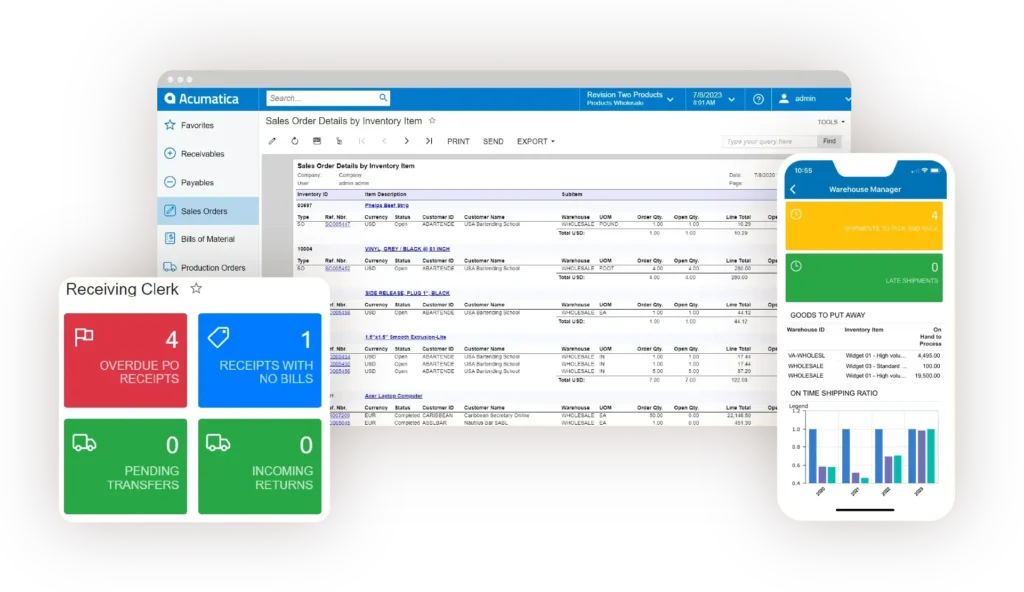
Features:
- Use powerful algorithms to anticipate customer demand with laser accuracy.
- Reduce manual ordering woes. Set automated purchase orders triggered by real-time inventory levels. This makes smooth replenishment and prevents stockouts.
- Track your inventory across multiple locations with this ERP module. Gain instant visibility into stock levels at each store, warehouse, or supplier.
- Optimize purchase orders and set personalized reorder points for each item.
- Receive proactive alerts for low stock levels and potential bottlenecks. React swiftly to prevent disruption and maintain a healthy flow of goods.
- Maintain inventory accuracy with regular, automated cycle counts. Eliminate discrepancies and discrepancies and gain confidence in your data.
- Generate comprehensive reports on inventory performance across various dimensions. Identify trends, analyze patterns, and optimize your entire supply chain for unparalleled efficiency.
- Reduce holding costs, minimize waste, and prevent lost sales through optimal inventory management. Witness the positive impact on your bottom line.
3. Customer Relationship Management (CRM):
Customer relationships aren’t just a bonus – they’re the lifeblood of your business. CRM module is an essential component that transforms fleeting interactions into loyal advocates.
Features
- CRM goes beyond names and email addresses. It captures valuable customer data from purchase history, preferences, and interactions.
- Use data insights to personalize marketing campaigns, product recommendations, and customer services.
- Design and manage targeted loyalty programs that reward valued customers.
- Analyze customer interactions across sales, marketing, and support channels. Identify pain points and optimize touchpoints for a seamless and personalized journey.
- Anticipate customer needs based on data and provide proactive support before issues arise.
- Integrate feedback mechanisms into your CRM to gather valuable insights from customers.
- Track the impact of your CRM initiatives with detailed reports and analytics.
- Use customer data insights to inform strategic decisions across your business.
4. Supply Chain Management:
The SCM module in an ERP system integrates various aspects of the supply chain. It aims to enhance visibility, control, and coordination across the entire supply chain.
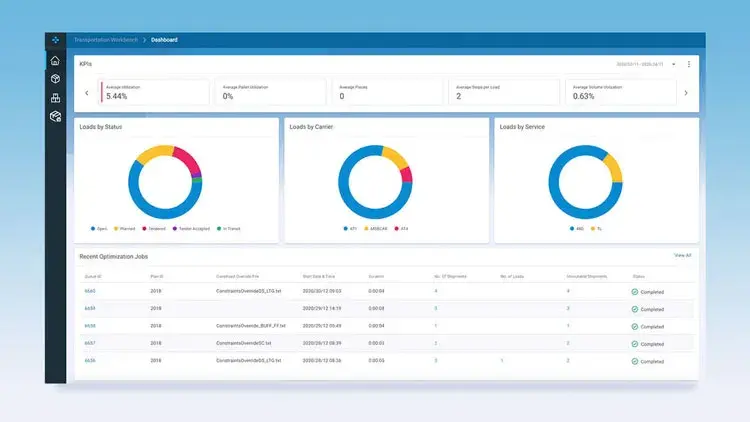
Features:
- This module smooths the flow from vendor to shelf. It manages deliveries, optimizes routes, and reduces transportation costs. Think efficiency on autopilot.
- No more stockouts or wasted space. SCM forecasts demand with precision, automates purchase orders, and tracks inventory across locations. You’ll have the right product, at the right place, at the right time. Every time.
- SCM fosters strong partnerships with suppliers. It ensures timely deliveries, quality control, and competitive pricing. It’s a win-win, strengthening your supply chain and boosting your bottom line.
- Gain complete visibility into your supply chain. Track shipments, monitor inventory levels, and identify potential disruptions.
- Take control of your operations. SCM empowers you to anticipate fluctuations in demand and adjust ordering schedules.
- Use robust data analytics to optimize every aspect of your supply chain. Identify cost-saving opportunities, streamline processes, and make informed decisions that drive profitability.
- Identify and manage potential risks, from supplier delays to unexpected disruptions. Be prepared and minimize the impact on your business.
5. E-commerce Integration:
The E-commerce Integration module is designed to connect and synchronize e-commerce operations with business processes.
Features:
- Synchronize inventory levels across online and offline channels, eliminating stockouts and overstocking issues.
- It offers convenient options like in-store pickup and home delivery.
- Provide customers with a smooth journey across channels. This allows them to browse online, reserve items in-store, and return online purchases easily.
- Use customer data from both online and offline interactions to personalize marketing campaigns.
- Automate data exchange to save time, and free up staff resources for other tasks.
- Gain comprehensive insights into customer behavior across all channels. This helps in making decisions about product offerings, marketing strategies, and resource allocation.
6. Marketing Module:
The marketing module is designed to manage various marketing activities within an organization. This module integrates with other modules in the ERP system to ensure efficiency
Features:
- Plan, execute, and track marketing campaigns, including email marketing, advertising, and promotional activities.
- Manage leads throughout the sales funnel, providing a view of customer interactions.
- Segment customers based on various criteria, allowing for targeted marketing efforts.
- Generate reports and analyze marketing performance metrics to measure the effectiveness of campaigns.
- Integrate with social media platforms to manage social marketing campaigns.
- Manage and organize marketing collateral, including images, videos, and promotional content.
- Plan and coordinate events, trade shows, and conferences, with features for tracking attendance.
- Set marketing budgets, track expenses, and analyze the ROI for various marketing initiatives.
- Automate repetitive marketing tasks, such as email campaigns to improve efficiency and scalability.
- Integration with CRM modules to ensure that marketing efforts align with sales strategies.
7. Human Resources (HR) Module:
The Human Resources (HR) Module in an ERP system is designed to manage and streamline various aspects of human resource management within an organization. Here are key features commonly found in an ERP HR module:
Features:
- Maintain a database of employee information. It includes personal details, contact information, and employment history.
- Manage the entire recruitment process, from job posting to applicant tracking and hiring. Track candidate information and streamline the hiring workflow.
- Facilitate a smooth onboarding process for new hires. It includes document submission, training schedules, and orientation programs.
- Track employee working hours, attendance, and leave requests. Automate timekeeping processes and generate accurate timesheets.
- Set goals, conduct performance reviews, and track employee performance. Identify training needs and areas for improvement.
- Manage employee training programs and monitor professional development to enhance employee skills.
- Administer employee benefits such as health insurance, retirement plans, and other perks. Track eligibility, and enrollment, and manage benefit costs.
- Automate payroll calculations, tax deductions, and compliance with labor laws. Ensure accurate and timely salary disbursements.
- Provide employees with a self-service portal to access their personal information.
- Ensure compliance with labor laws and regulations. Generate reports on HR metrics, workforce analytics, and compliance data.
- Identify and develop potential successors for key positions within the organization. Plan for smooth transitions in leadership.
- Utilize data analytics to gain insights into workforce trends and other HR metrics. Make informed decisions based on actionable insights.
- Manage employee relations, handle grievances, and facilitate effective communication between management and staff.
8. Warehouse Management System (WMS):
The WMS module in an ERP system is dedicated to optimizing warehouse operations. It provides tools to efficiently manage inventory and track movements. Here are key features commonly found in an ERP WMS module:
Features:
- Manage inventory levels in real-time, providing visibility into stock quantities.
- Simplify the order fulfilment process, from order creation to picking, packing, and shipping.
- Manage the receipt of incoming goods, including barcode scanning and automated putaway strategies.
- Implement picking strategies to optimize order-picking efficiency. Manage packing processes to ensure accuracy.
- Generate shipping labels, manage carrier information, and coordinate the shipping process.
- Integrate RFID and barcode scanning technologies to enhance accuracy in inventory tracking.
- Implement regular cycle-counting processes to ensure accurate inventory levels and identify discrepancies.
- Facilitate the direct transfer of goods from inbound to outbound shipments
- Manage the return process efficiently, including inspection, restocking, and updating inventory levels accordingly.
- Generate reports and analytics on warehouse performance, inventory turnover, and order fulfilment speed.
- Integrate with other ERP modules such as sales, procurement, and finance.
- Ensure compliance with industry regulations and standards. Enable traceability of products throughout the supply chain for quality control and recalls.
ERP Implementation Services by Tech Implement
Successful ERP implementation isn’t just about choosing the right software. It’s about finding a trusted partner who understands your unique needs. He guides you through every step and ensures a smooth transition.
That’s where Tech Implement comes in.
With a proven track record of successful ERP implementations, we’re here to help you navigate the complexities. Our team of experienced consultants brings a wealth of expertise to the table. We ensure a seamless implementation that aligns with your business objectives and delivers tangible results.
Ready to transform your operations and drive growth?
Contact Tech Implement today and let’s unlock your full potential together.
FAQs
What is ERP system in retail?
An ERP system in retail is a comprehensive software solution that integrates various business processes, such as inventory management, sales, and finance.
How does ERP help in retail business?
ERP helps in retail by providing a centralized platform for managing key processes like inventory control, order processing, and customer relationship management.
What is the most important ERP module in retail?
The most important ERP module in retail is often considered to be the inventory management module.

